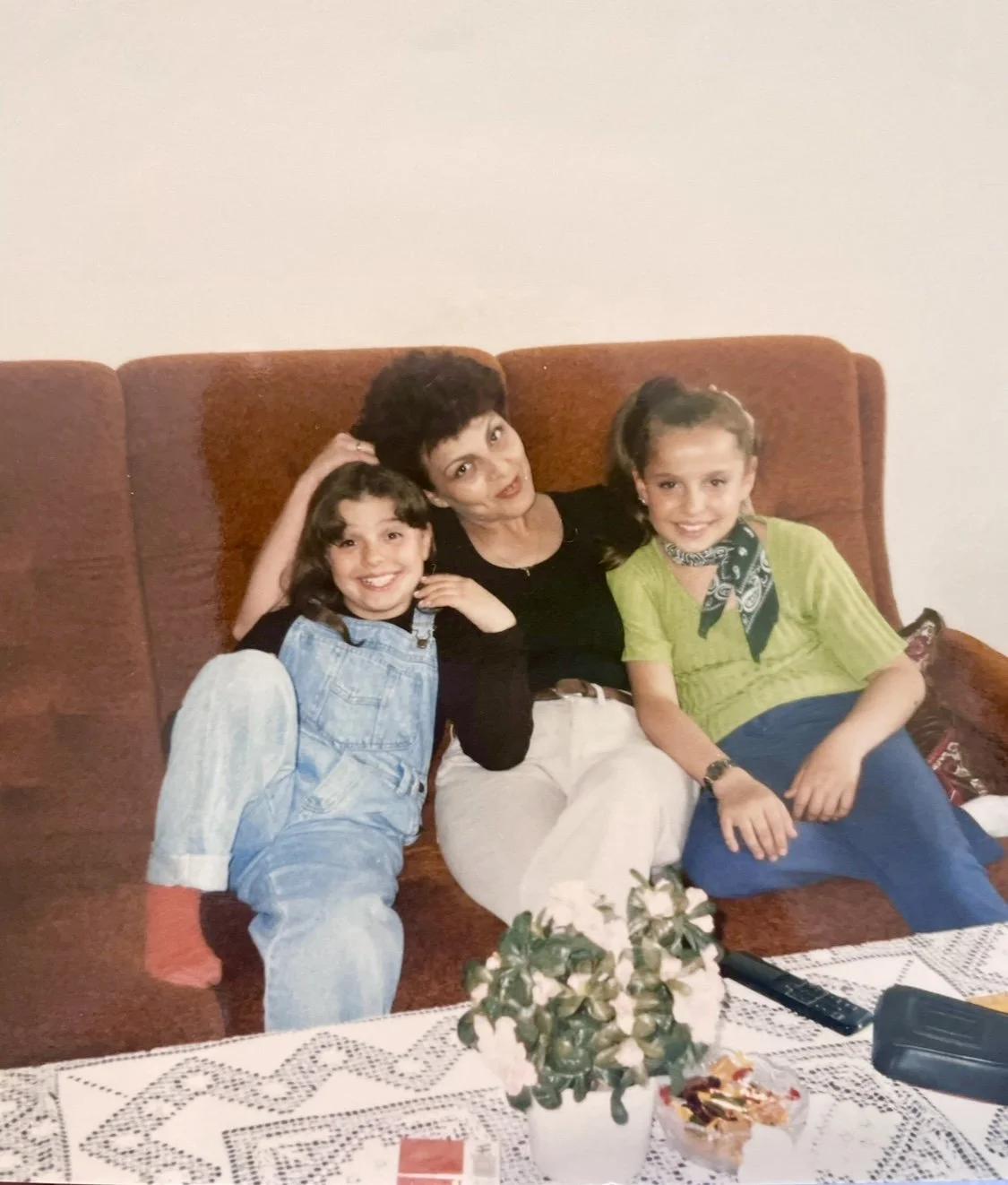Time Took My Mother: A Reflection on Mortality, Meaning, and the Illusion of Control
By Aida
When I was 28, I sat down to write a stream of thoughts—part philosophical inquiry, part emotional unraveling. I was looking for something to hold onto. I was trying, I think, to outpace time.
I’m 36 now. And time, as always, has not waited.
It took my mother with it.
That unrelenting, quiet thief I feared as a child eventually delivered on its promise. It didn’t ask permission. It didn’t pause to check if I was ready. It simply arrived, as it always does.
Back then, I was starting a 30-day fast from stressors. I remember craving contact, something real, something sensory. Texts and surface-level attention couldn’t fill the spaces I wanted filled. I wanted to feel everything deeply—love, presence, purpose, maybe even pain if it meant it was real. I believed in the power of feeling more than seeing. I still do.
I wrote about how miraculous it is that we get to wake up each day and go through the motions of life without worrying about pure survival. But behind that observation was the gnawing truth that none of it—none of us—is guaranteed.
I didn’t know it then, but that writing was a love letter to my future self. A whispered warning. I was trying to process death long before it came close. Trying to decode the mystery of impermanence before it touched the person who made me, held me, shaped me.
My mother.
She gave me my ethical code, my decency, and the moral compass I still hold tight. I used to dream of giving her the world. At times, I could barely give myself the clarity to figure out how. Now I know: we rarely get the time we think we’ll have to figure it all out. And by the time we do, sometimes it’s already too late.
I used to obsess about time—not the magazine, but the force. The illusion. The master of all undoing. I thought that by being aware of it, I could somehow master it. If I stayed intense, alert, if I tried hard enough, I could outmaneuver the inevitable. But time doesn’t care about your awareness. It marches forward with indifference. It takes what it takes.
And still, we try.
We try to work on ourselves, to heal, to change, to choose differently. We fast from bad habits, take on self-imposed challenges, write down random but raw truths. We dig deep. We ask hard questions: Am I helping to solve the problem or just complaining about it? We call this “growth,” and maybe it is.
But even growth can’t shield you from loss.
That was the most sobering realization of all.
What I know now—what I couldn't see at 28—is that time was never something to beat. It was always something to honor. To slow down with. To notice. To use as a mirror instead of a measuring stick. Time took my mother, but before it did, it also gave me her. And what I do with my time now is part of how I keep her here with me.
At 28, I wrote: “I’m not living forever. Is death weird? Extremely. You’re here one day and then you just… die?”
At 36, I no longer find that question weird. I find it true. And sacred. And heartbreaking. And strangely motivating.
So no, I couldn’t stop time. But I can walk with it differently now.
I can still live fully, even while knowing that everything I love is temporary. Maybe because it is. I can still create, love, touch, feel. I can look at myself from the inside out. I can let go of what needs letting go. I can choose not to suffer over what wasn’t given, and instead, cherish what was.
Time doesn’t wait. It won’t ask for your permission before it changes your life. But what you do with the days you’re given—that’s the power you do hold.
And maybe, just maybe, that’s enough.
My mom, sister, and I in Berlin—a few years after we resettled from Bosnia. This photo holds so much: the resilience it took to start over, the weight of what we left behind, and the quiet hope that life could feel whole again.
- I love you forever, where time cannot get to us.


